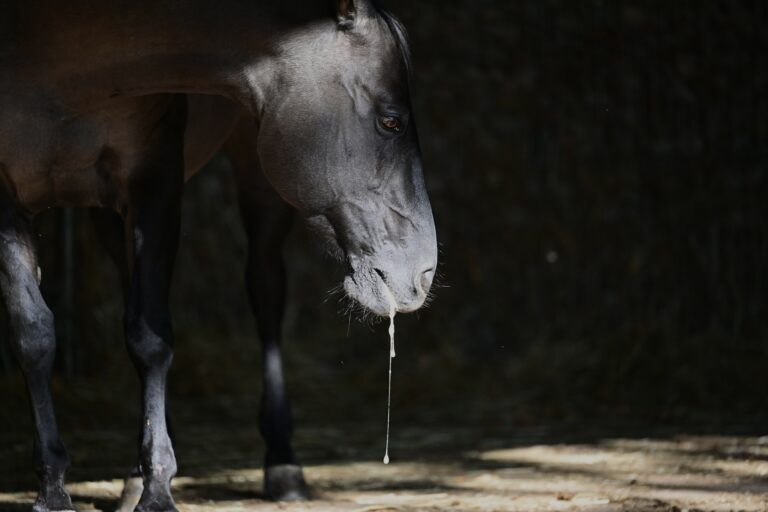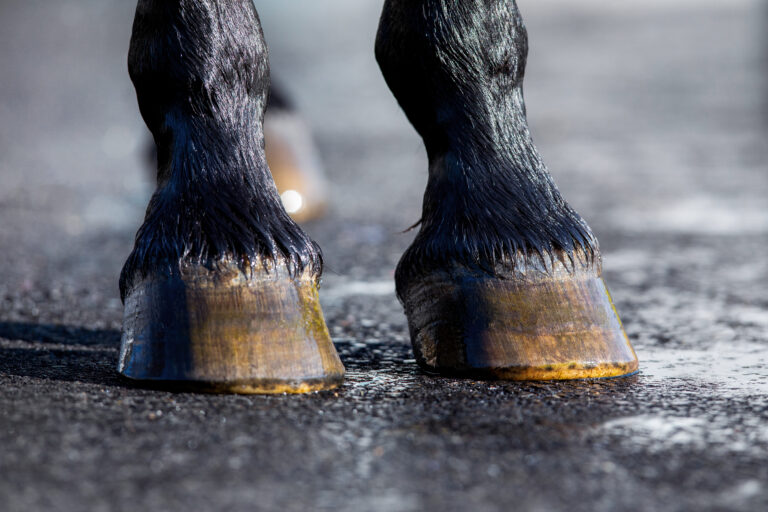
Editor’s note: According to an AAEP survey, the top things that horse owners want from vets are 24/7 coverage, good communication, the feeling that they and their horses are valued, and a willingness to “keep up” with medical advances. With that in mind, regular installments of Keeping Up will feature research and advances in the equine medical community, with a few business twists. Keeping Up will appear in each magazine and onEquiManagement.com in months when a print magazine is not published.
Parasites and Stabling
It is generally assumed that horses housed in barns with manure collected every day or two from the stalls are not at risk of ingesting infective larvae of internal parasites (cyathostomines) unless they are turned out on pasture. That premise has been modified with a recent report by S. Love et al. in Parasite Vectors (2016 Aug 31;9:478).
By Day 8 of the study, infective cyathostomine larvae were recovered from moist straw in 18 of 24 samples. Unless the straw was removed and replaced, the number of infective larvae continued to increase over the eight-week period of the study.
Author’s note: This information can be helpful in advising clients of the need for optimal stabling hygiene and appropriate deworming protocols, even when horses are not turned out on pasture.




